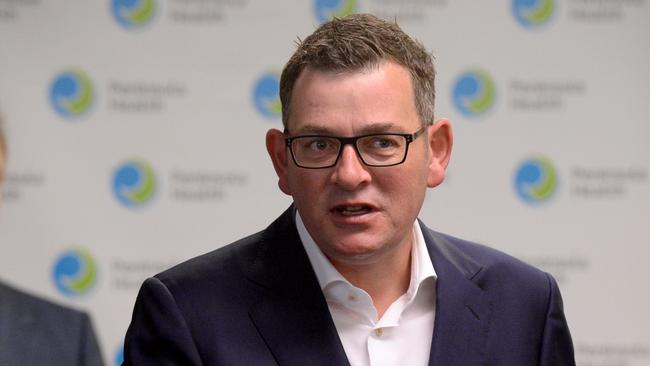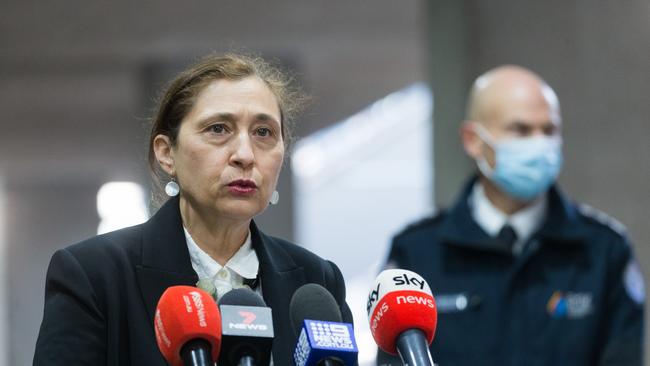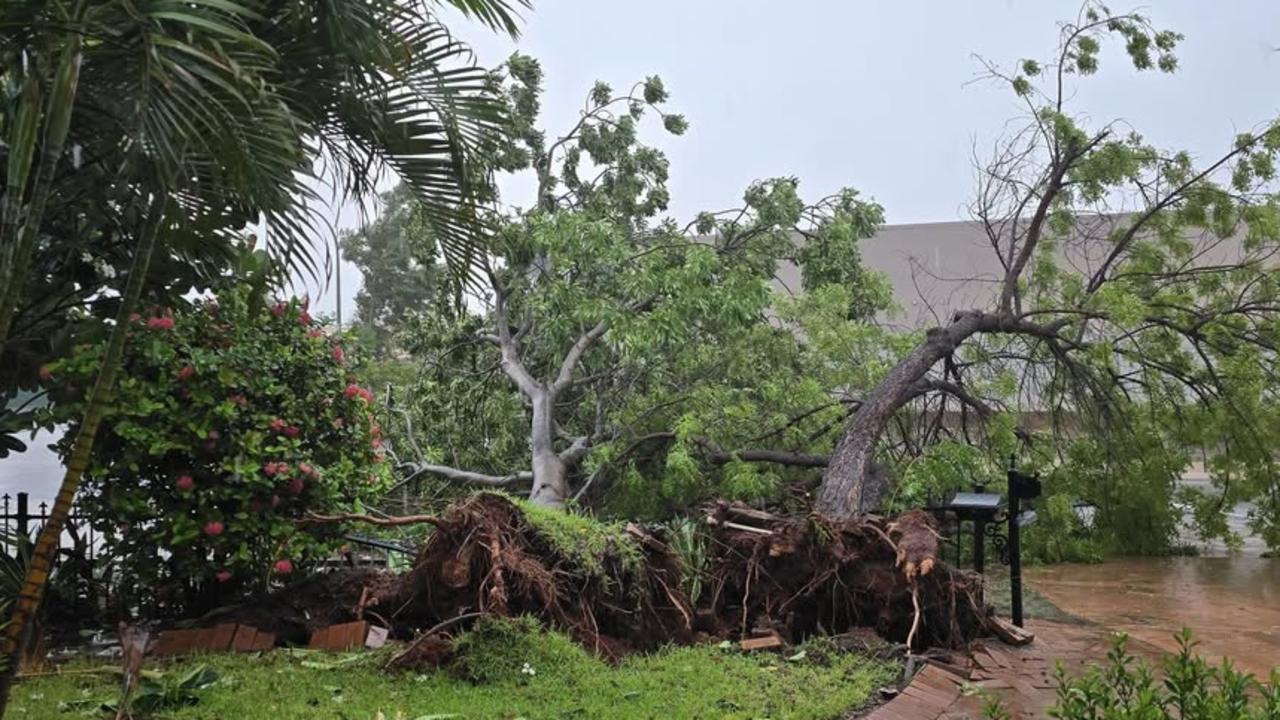No evidence Solar Homes benefited consumers, finds Victorian Auditor-General
Victoria’s billion dollar solar rebate scheme is yet to produce evidence it benefited consumers or reduced emissions, a report has found.

The Victorian Auditor-General has found the state government’s signature billion-dollar solar rebate scheme has yet to produce evidence it benefited consumers or reduced carbon emissions.
In a scathing report, Andrew Greaves said the program was launched without a business case and insufficient consultation with industry and without considering whether there was any need for government intervention in the solar market. He said the launch of the $1.3bn 10-year Solar Homes program, announced as a key policy ahead of the 2018 state election, failed to grasp and mitigate the obvious risks of excess demand, market reliance and grid capacity.
“Solar Vic is not yet able to report to what extent it has reduced consumers’ power bills and carbon emissions through this $1.3bn investment,” the report said.
The VAGO report said under the scheme, people had purchased and paid for the installation of solar panels before realising they would be unable to connect to the grid and that SolarVic was unable to report what impact it had on reducing consumer power bills.
A report prepared by the DPC ahead of the scheme’s launch assessed the risk of grid instability as high and said the “the total unmitigated impact on the grid would cost consumers approximately $320m over eight years”.
“The state’s electricity grid was not designed to accommodate high levels of distributed energy resources such as solar PV panels,” it said. “Energy exported from solar PV panels results in voltage rises, which can lead to damage and deterioration of the network.”
On Thursday, Victorian Energy Minister Lily D’Ambrosio said the rollout of the program had been successful, issues with oversubscription issues fixed early and that most of VAGO’s recommendations had already been implemented.
“The proof is in the pudding,” she said. “Victorians have spoken volumes for their support for this program and we can see this by the many Victorians that apply for rebates and getting those solar panels installed on their roofs.”

Ms Ambrosio said the program had seen about 140,000 Victorians install solar panels. A pilot study of 129 participants undertaken by SolarVic in March 2021 that did not use actual power bills estimated the program saved consumers $1073 in electricity bills.
High demand saw the program suspended from April 12 to June 30, 2019, despite the government approving an additional 8000 solar PV panel rebates. “When the program reopened in July 2019, Solar Vic offered monthly allocations in an effort to manage demand,” said the report.
The allocations were quickly taken up.
Opposition energy and renewables spokesman Brad Rowswell said the fact the government spent only three months planning a billion-dollar program showed it made decisions on the run. The Australian approached the DPC for comment.



